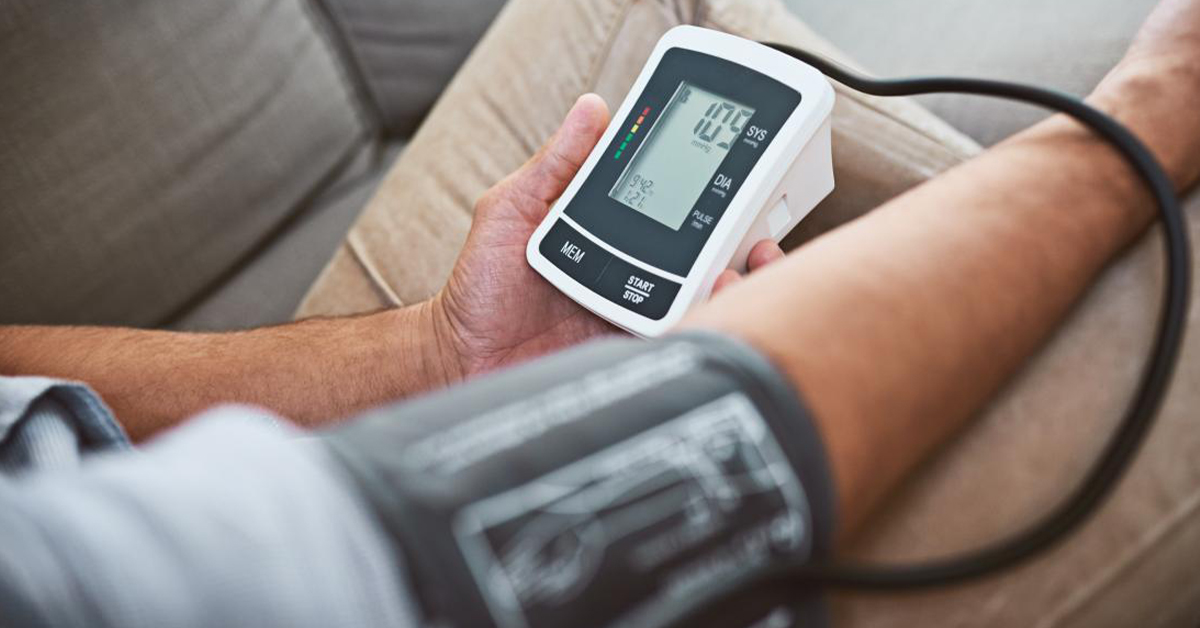If you haven’t had your blood pressure checked lately, now’s the time.
About 1 in 3 U.S. adults have high blood pressure — and you could be one of them.
High blood pressure usually has no signs or symptoms, but it can lead to a higher risk of heart disease, stroke, and kidney failure. The only way to know if you have high blood pressure (or hypertension) is to have your blood pressure tested.
Do you know your blood pressure numbers? Medicare covers blood pressure checks during your yearly “wellness” visit and “Welcome to Medicare” preventive visit at no cost to you.
Yearly “Wellness” visits
If you’ve had Medicare Part B medical insurance for longer than 12 months, you can get a yearly “wellness” visit once every 12 months to develop / update a personalized prevention plan. Your provider may also perform a cognitive impairment assessment.
Your costs:
You pay nothing for this visit if your doctor or other qualified health care provider accepts assignment. The Part B deductible doesn’t apply.
However, you may have to pay coinsurance, and the Part B deductible may apply if:
- Your doctor or other health care provider performs additional tests or services during the same visit.
- These additional tests or services aren’t covered under the preventive benefits.
What it is:
The cognitive impairment assessment is performed to look for signs of Alzheimer’s disease or dementia.
The personalized prevention plan is designed to help prevent disease and disability based on your current health and risk factors. Your provider will ask you to fill out a questionnaire, called a “Health Risk Assessment,” as part of this visit. Answering these questions can help you and your provider develop a personalized prevention plan to help you stay healthy and get the most out of your visit. It can also include:
- A review of your medical and family history.
- Developing or updating a list of current providers and prescriptions.
- Height, weight, blood pressure, and other routine measurements.
- Detection of any cognitive impairment.
- Personalized health advice.
- A list of risk factors and treatment options for you.
- A screening schedule (like a checklist) for appropriate preventive services.
- Advance care planning.
- For more information, visit Medicare.gov.
